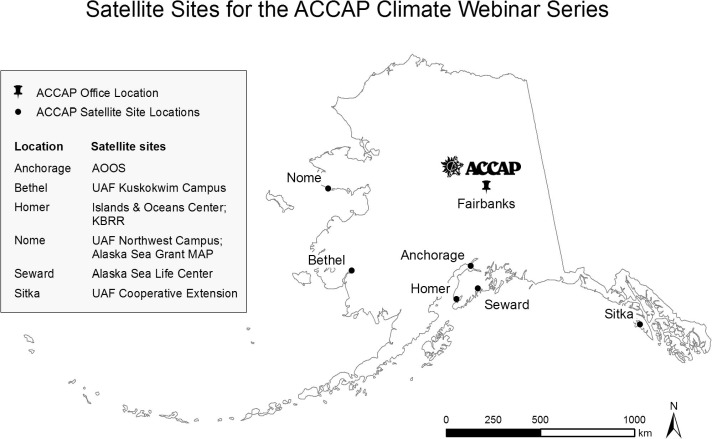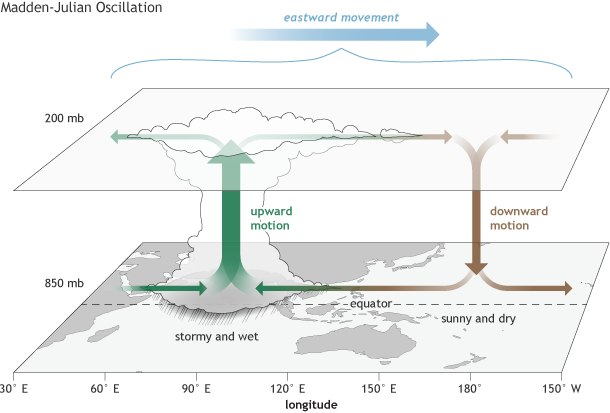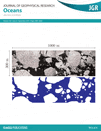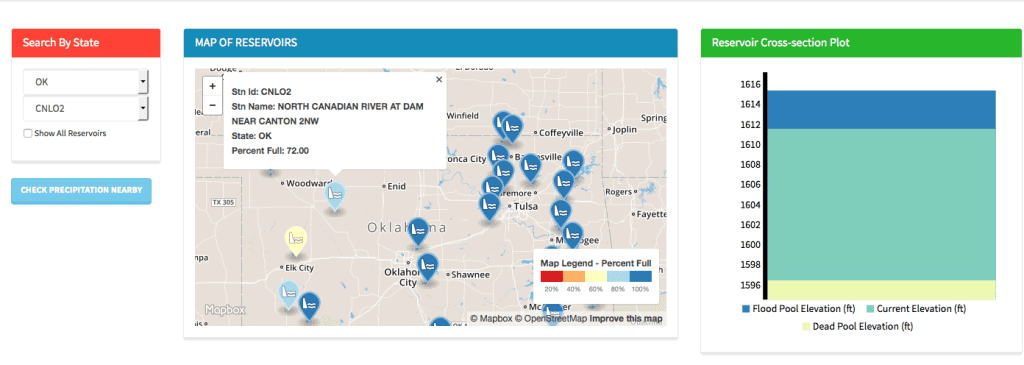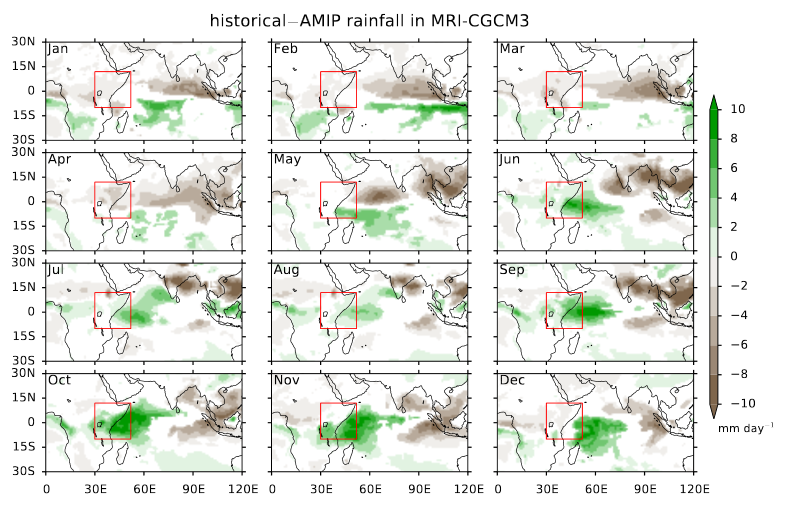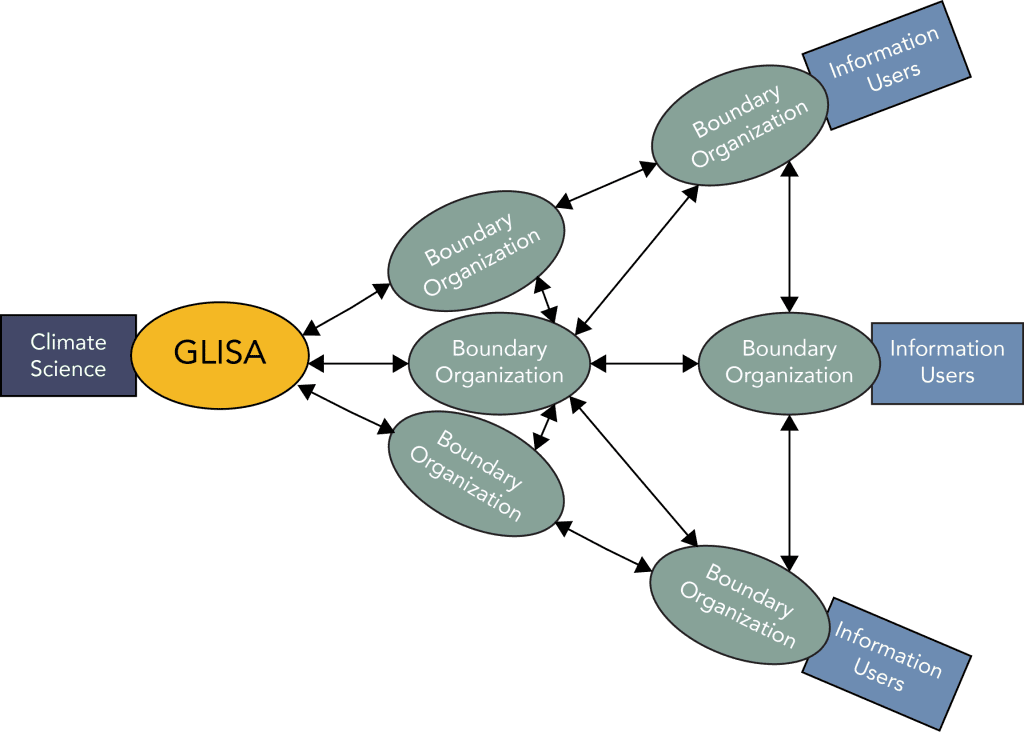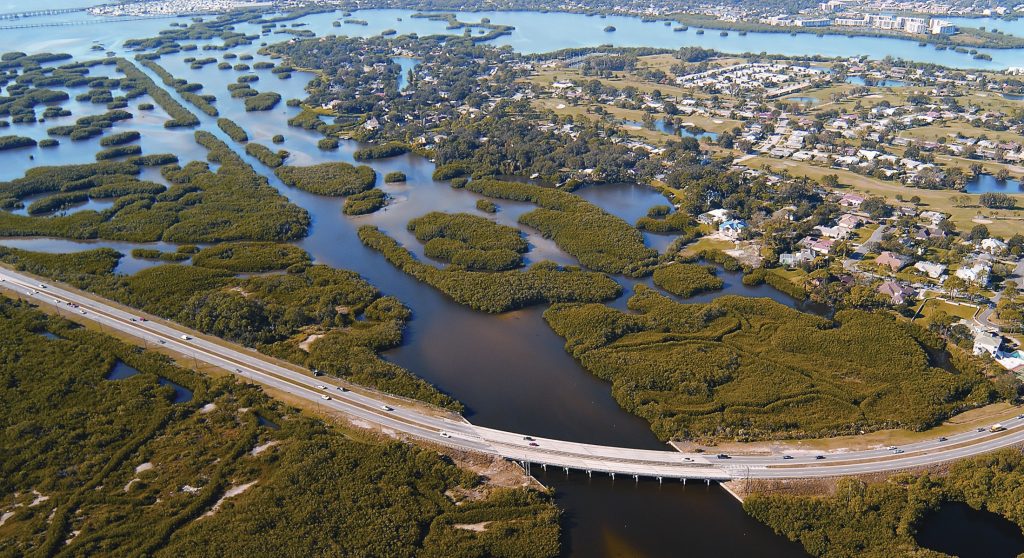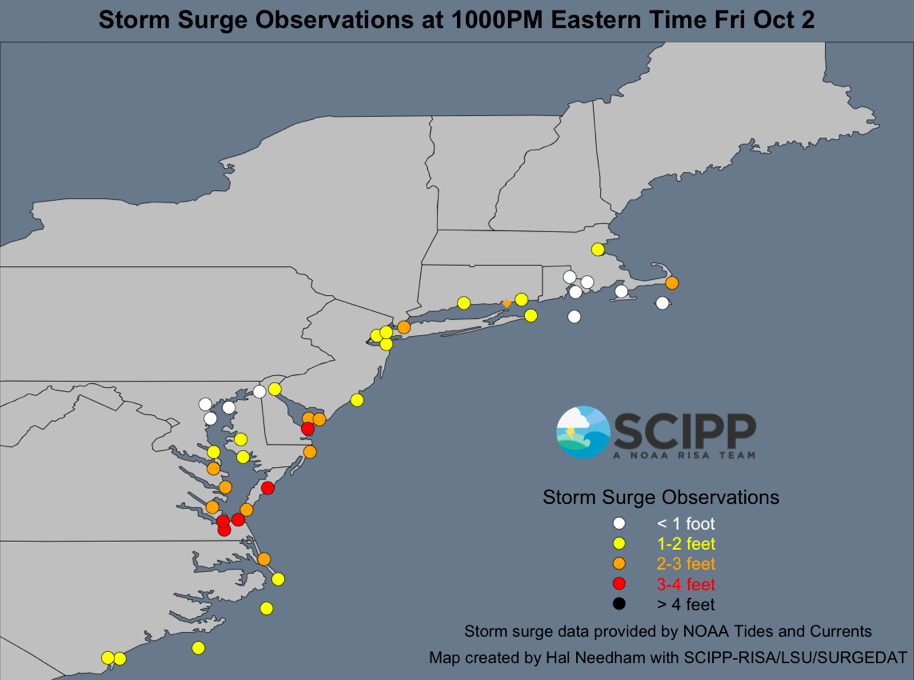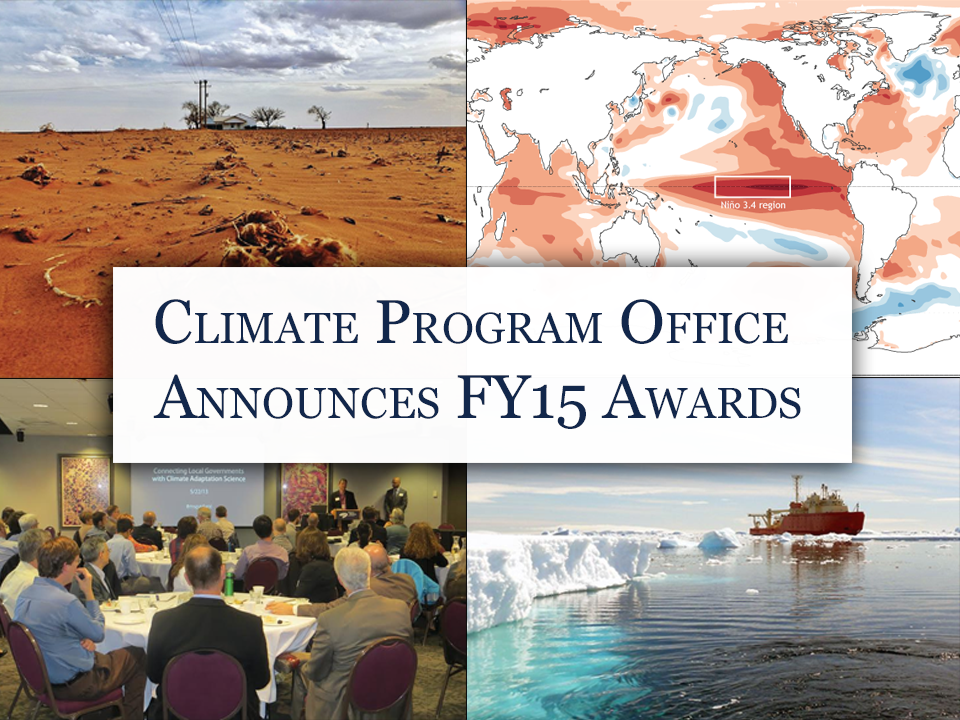The role of remote engagement in supporting boundary chain networks across Alaska
The Alaska Center for Climate Assessment and Policy (ACCAP), a RISA program, has a new publication in Climate Risk Management.
The role of remote engagement in supporting boundary chain networks across Alaska Read More »


